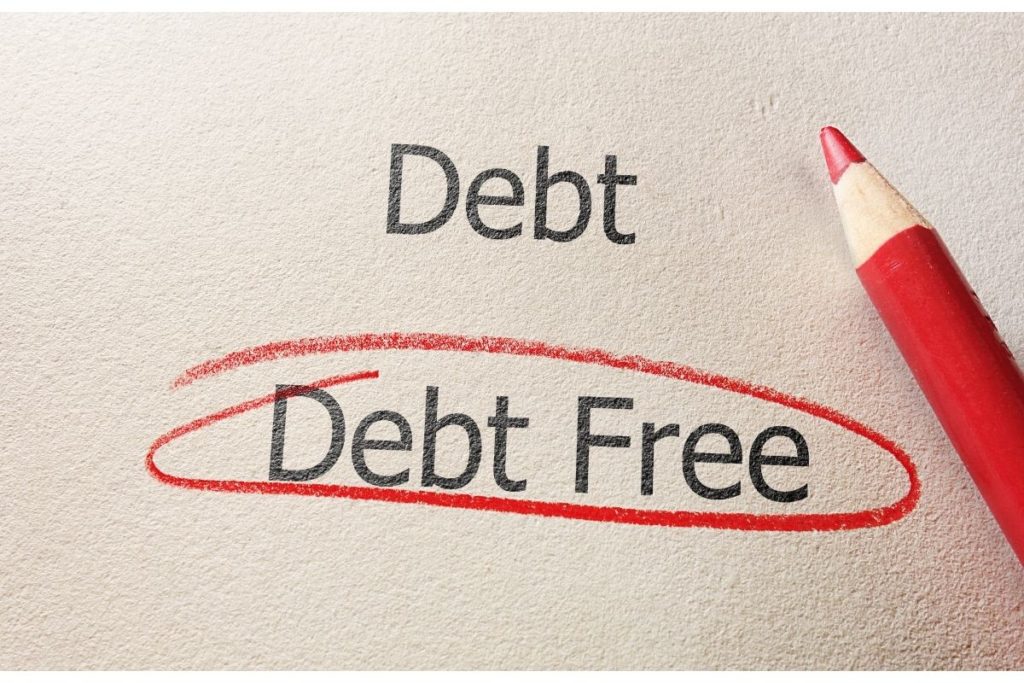“Collection” is one word that debtors fear since they do not know what to expect when the lender comes to collect what is theirs. The lender may hire a debt collecting agency or carry out the activity themselves in a payment default. It is not usually a good look, and most debtors end up being embarrassed and losing some of their possessions.
Debt collectors are usually unscrupulous and care less for the rules provided for in Fair Debt Collection Practices. Most people who have had an interaction with debt collectors have complained severally of being threatened. Therefore if you have loans, try and adhere to payment timelines to avoid getting listed as a defaulter. Here are some of the reasons why you should never default on your loan payments.
The Lender May Place A Lien On Your Property
When you get a loan, you are most likely to leave your lender with some security which is most likely a chattel or any other relevant collateral equivalent to the amount borrowed. The lender has a right of lien over the property whereby they retain your property until such a date that the loan is fully paid. The lien is also exceptional because it gives the bank a right to sell the item involved after the debtor has shown reasonable notice.
If you have a bank overdraft, the bank can have a lien over any cheque deposited in your account. The lender can also sue you in court to recover the defaulted amount, and if they win, they will sell off the property deposited with them. Therefore you may lose your prized possession like your car, house and any other property.
You Reduce Your Credit Score
Your credit score guarantees that you can get money from the bank to fund your projects or secure a property. Therefore by failing to make payments, you will have a lousy credit score review. With a good credit score, you will stand a chance to get new loans from various financial institutions and credit lines. Not only will you be able to access loans, but also you will get ones with reasonable rates.
A high credit score will also allow you to have access to better credit cards with great rewards such as cash-backs and other incentives. You are also more likely to get a 0% rate on the introductory Annual Percentage Rate. This can convert to reasonable interest rates in future. Moreover, a default remains in your credit history for seven years, making it hard for you to qualify for a mortgage or top-ups.
It Can Lead To Several Lawsuits
The lender may sue you, and a judgment can be entered against you. The court can go ahead with the lender to either sell your property or withhold your paycheck. For some lawsuits, you will need representation by an advocate, which is quite costly. Therefore to avoid incurring such extra costs, it is better to pay your loan on time, depending on your contract with the lender. Additionally, a lawsuit leads to a public record against you.
Pressure From Debt Collectors And The Creditor
Debt collectors are among the most persistent people. They will always find new ways to try and recover the debt owed, which may include using threats and ultimatums. It is impossible to wish them away, especially if the money has not been paid. Therefore, to maintain your peace of mind as you continue with your daily activities, it is best to pay up your loan on the agreed time.
Additionally, they may end up frustrating your guarantors if you have any as your collateral. Remember, you should protect your guarantors by paying the loan. Some lenders may even seize the guarantors’ property or withhold their paychecks. You can relieve the debt collection by doing the following before the due date of payment.
- Consolidate the debt to reduce the monthly interest rates
- Ask for a refinance from your lender or a different bank.
- Look for a balance transfer credit card, probably one that has a 0% introductory APR.
So as long as you have a good credit score, you can get any of these three options. However, the options may be out of reach if you have defaulted or are struggling to pay loans.
Conclusion
If the due date is fast approaching and you have not raised the amount to be repaid, defaulting is not an option. You have to look for a way to ensure the payment is made. Take charge of your cash flow to ensure you do not lack money on the due date. The consequences of failing to repay a loan are severe and can cost you some of the things you have worked so hard to acquire, such as your house or car. Therefore you need to weigh your debts and avoid taking loans to have a difficult time during repayment.







